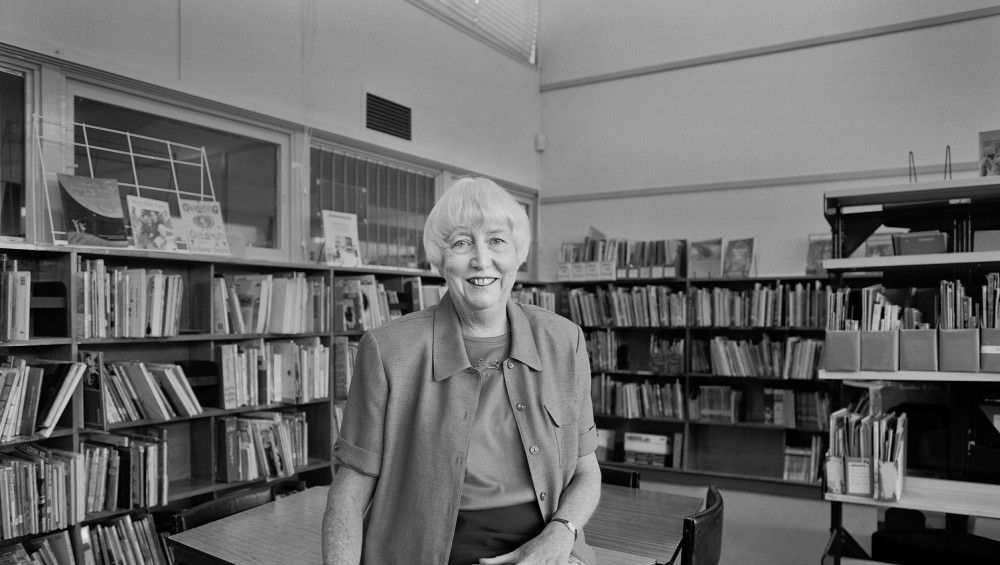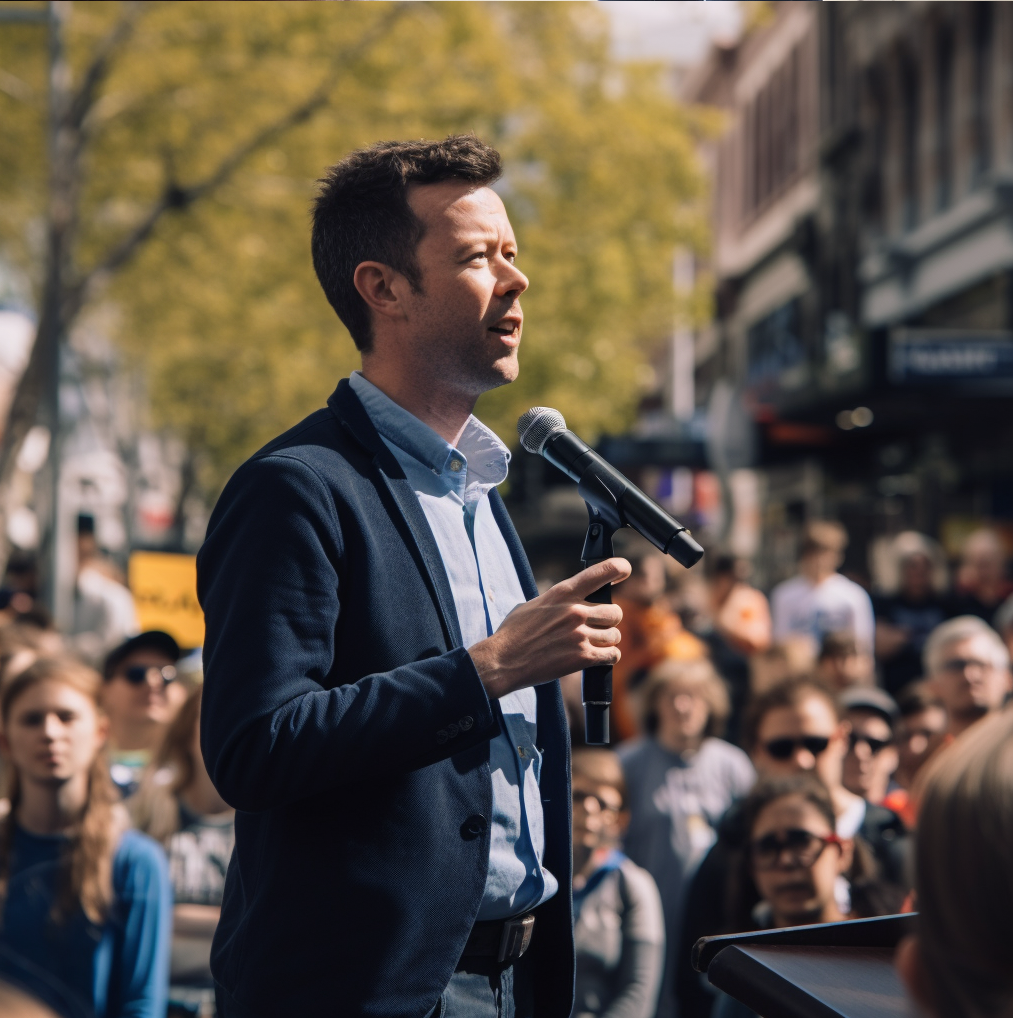Image (c) Mark Wilson Media
Merle was a leader although she would probably not agree with me giving her that title. But she was a person who did effect change.
Beginnings
In the 1970’s Springvale was developing as a new suburb: new housing estate with unmade roads. The 1971 census showed that the city’s population increased by 20,000 people. Springvale’s population had always been multicultural but now the census revealed that 32% of Springvale’s population were born overseas. While most of the new residents were English speaking there were others of non-English speaking countries- Italy, what was then called Yugoslavia, Germany, Netherlands, and Greece.
Council at that time employed one social worker and a youth worker and the establishment of a Citizen’s Advisory Bureau (CAB) in the suburb was suggested. Questionnaires were distributed and the response showed that people agreed and many wanted to be involved.
A volunteer Committee of Management was formed and Merle became a member, taking on the role of secretary. Others who wanted to participate became volunteer staff members and participated in a community training program.
Council provided accommodation at 5 Osborne Avenue and the centre, known as the Springvale Community Aid and Advice Bureau, came into being. In my talk I will refer to it as the ‘Bureau”.
Staff
As the centre became busier and with more demands on the committee and workers it was realised a full-time Manager was needed. The position was created, funded by council, and Merle, who had taken on that role in a voluntary capacity, became the Bureau’s first paid employee.
Who came?
The 1970’s also saw the opening of Enterprise Migrant Hostel.
Even for English speaking migrants settling into a new country as Australia it is difficult. For those without English language skills it is even more confusing, isolating and at times frightening.
The new arrivals felt they were strangers and wanted to regain a sense of control in their lives. They needed jobs, to learn English, and to know their children were safe at school and able to learn.
There were so many needs and questions.
Merle and the staff recognised this and developed policy and programs specific to their needs.
Communication
One of the first requirements for the Bureau staff was to improve communication. Qualified interpreters were needed either in house or by phone. The Bureau was one of the first organisations to support the formation of the state run Telephone Interpreter Service.
Training in how to work with interpreters became mandatory for all Bureau staff.
Social and Ethnic workers
Always looking ahead, Merle learnt that ethnic workers could be seconded from the Department of Immigration and she arranged with other ethnic agencies for their workers to be placed for a day or afternoon at the Bureau as well.
She found out too that there was a Grant-in-Aid scheme funded by the Commonwealth Immigration Department for a social worker to assist in migrant settlement.
The first social worker appointed at the Bureau was Jenny Briggs.
The first ethnic worker was Juan Santa Isobel and together they developed the position of an ethnic aid worker in the Springvale Primary School, the first such position. A program that has now become a national program.
Staff training in house
Merle would say this CAB is different from other CABs mainly because of the non-English speaking population. Through Council funding a Volunteer Co-ordinator position was created to reach into the community for volunteers and the involvement of people from other cultures was encouraged. In-house cross-culture training was also mandatory and all staff needed to adapt their service delivery to meet the needs of the various migrant groups and refugees coming into the hostel.
Roles of workers/Policy of agency
As well as social and ethnic workers the Bureau employed a financial counsellor and a housing officer. The roles of all the workers focussed on giving information. Counselling and advocacy were tasks for the paid workers while their job descriptions also included community development aiming to encourage policy and practical changes in other organisations as they provided services for migrants.
Adjusting to governmental policy change
As government policies changed, the Bureau workers’ service delivery had to be flexible to meet these increasing demands. With the closure of Enterprise Hostel, new arrivals were moved straight into the community without support and the Bureau staff developed programs to fill these gaps. Workers from the Centre for the Survivors of Torture and Trauma were housed at the Bureau to work specifically with refugees who had experienced incarceration and torture.
Then Enterprise reopened but with a limited supportive role. It was the Bureau social worker who took on the role of assisting orientation; walking new arrivals to the main shopping centre and leading them to schools, maternal and child care centres, library, Centrelink, the Community Health Centre and the council administrative centre. The last places being the Bureau and the Neighbourhood House to help them become acquainted to the services available to help them settle.
Accountability
Merle’s role always extended beyond the walls of the agency. She was adept in building relationships and had involvements in committees like VCOSS and ACOSS where her knowledge of what was happening at the grass-roots level could inform and influence change into government policies.
Merle had the ability to infuse energy into everyone she was involved with: her staff, councillors, government heads, politicians and everyone she met regardless of who they were or the position they held.
Without any doubt, to me, Merle was a dynamic leader.
Eileen Sims© 2022









